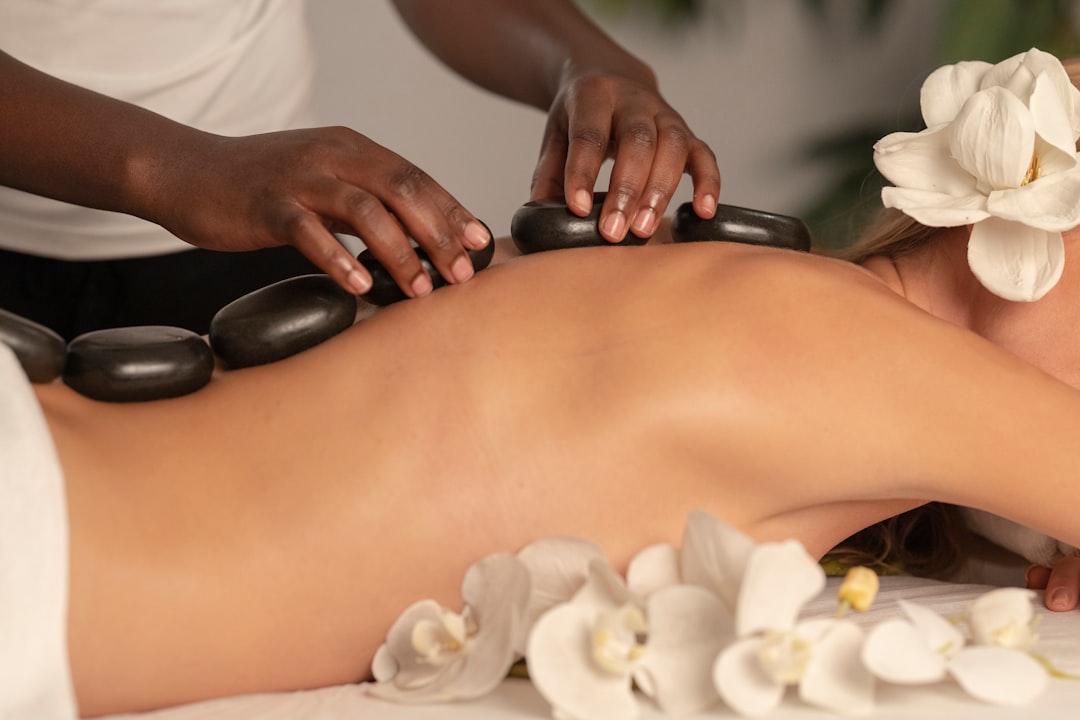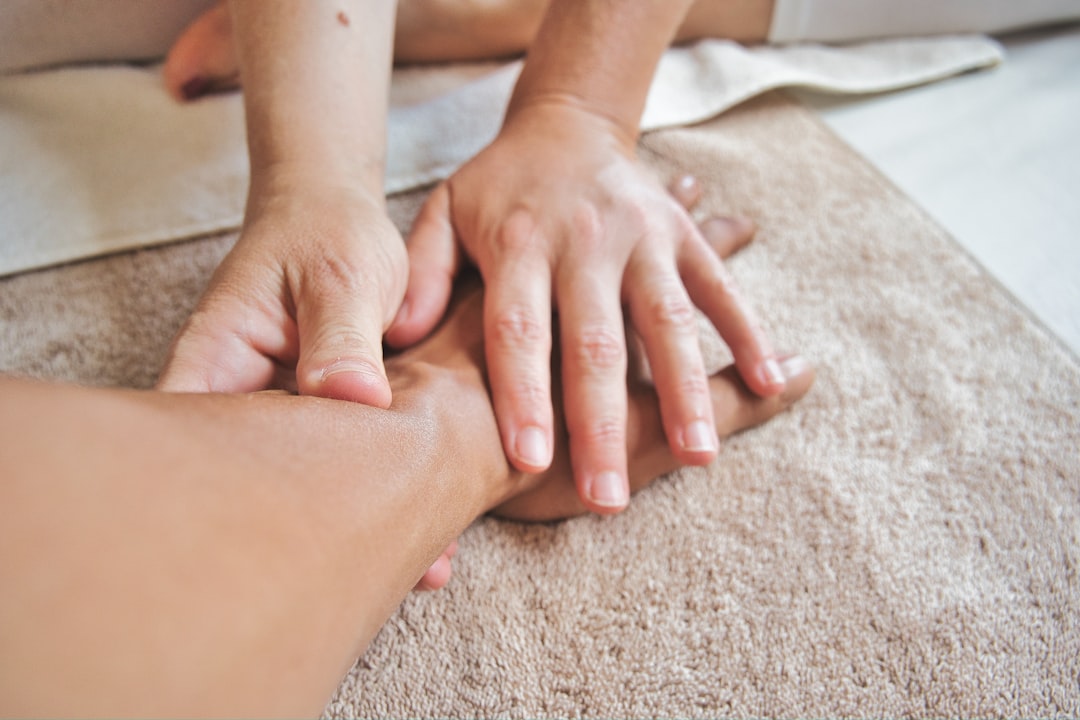Los Angeles' thriving wellness culture highlights the ethical challenges in massage therapy, prompting a focus on client safety and responsible practice. Massage schools play a pivotal role in equipping students with tools to handle consent issues, recognize manipulation, and navigate complex scenarios ethically. Integrating robust ethical decision-making models into curricula fosters integrity among future therapists, addressing the growing concern of massage abuse by legal experts, including attorneys in Los Angeles, CA. Through collaborative efforts, these schools create comprehensive modules, combining practical training and case studies to prepare students for real-world challenges, thereby enhancing the profession's reputation and client trust.
In the vibrant but regulated landscape of Los Angeles, California, implementing ethical decision-making models in massage schools is paramount. This article explores the unique ethical dilemmas faced by massage therapists in LA, with a focus on student training and curriculum integration. We discuss the benefits and challenges of these models, highlighting collaboration with local law enforcement and massage abuse attorneys. By delving into these topics, we aim to enhance ethical education, fostering responsible practitioners and addressing concerns related to massage abuse in Los Angeles CA.
Understanding Massage Therapy's Ethical Dilemmas in Los Angeles

Massage therapy, a holistic practice deeply rooted in Los Angeles’ wellness culture, presents a unique set of ethical dilemmas. As a thriving industry, LA’s massage schools play a pivotal role in shaping future therapists who must navigate complex scenarios, from client consent and boundaries to addressing potential massage abuse cases. With an increasing number of massage abuse attorneys in Los Angeles, CA, recognizing and mitigating these issues has become more critical than ever.
Students at these institutions need to be equipped with the knowledge and skills to handle ethical challenges, ensuring client safety and well-being. This includes understanding consent processes, recognizing signs of manipulation or coercion, and knowing how to respond appropriately when faced with difficult situations. By integrating robust ethical decision-making models into their curricula, massage schools can foster a culture of integrity and responsibility among their students.
The Impact of Ethical Decision-Making Models on Student Training

Implementing ethical decision-making models in Los Angeles massage schools is paramount for shaping responsible and mindful therapists. These models equip students with crucial tools to navigate complex situations, ensuring they provide safe and respectful services. By integrating ethical frameworks, schools empower their learners to recognize potential issues like massage abuse and take proactive measures.
The impact on student training is profound, fostering an environment where integrity and consent are the cornerstone of practice. With guidance from experienced instructors, including massage abuse attorneys in Los Angeles CA, students learn to anticipate and mitigate risks. This proactive approach not only protects clients but also strengthens the profession’s reputation, fostering trust between therapists and their communities.
Integrating Ethical Guidelines into Massage School Curricula

Integrating ethical guidelines into massage school curricula is a vital step in fostering responsible and mindful practitioners. Los Angeles, renowned for its diverse culture and legal landscape, presents a unique context where students must understand the delicate balance between providing therapeutic services and respecting client boundaries. Massage abuse attorneys in LA CA highlight the importance of teaching students about informed consent, client privacy, and professional conduct from day one.
Curriculum developers can collaborate with legal experts and industry professionals to create comprehensive modules that cover various ethical dilemmas. These modules should encourage critical thinking, fostering a culture where students question and challenge unethical practices they may encounter in their careers. By seamlessly integrating these guidelines into practical training sessions and case studies, massage schools prepare future therapists to navigate complex situations with integrity and empathy.
Addressing Concerns: Collaboration with Local Law Enforcement and Massage Abuse Attorneys

Addressing concerns related to ethical decision-making in the context of massage therapy education involves a critical collaboration between massage schools, local law enforcement, and renowned massage abuse attorneys in Los Angeles, CA. This strategic partnership is essential to ensure that students are equipped not just with therapeutic skills but also with an understanding of their legal responsibilities and the potential consequences of unethical practices.
Los Angeles, being a bustling metropolis, has its share of complex issues surrounding massage therapy, including instances of abuse and exploitation. Recognizing this, local massage schools actively engage with law enforcement agencies and experienced massage abuse attorneys to create comprehensive educational modules. These sessions delve into real-life scenarios, helping students navigate ethical dilemmas and understand the legal framework surrounding their profession, thereby fostering a culture of responsible and mindful practice among emerging massage therapists.
Benefits, Challenges, and Future Directions for Ethical Education in LA Massage Schools

Implementing ethical decision-making models in LA massage schools brings a multitude of benefits, including fostering an environment that prioritizes client safety and well-being, thereby enhancing the overall quality of education. Students learn to navigate complex moral dilemmas, ensuring they are equipped with the skills necessary to practice ethically and avoid instances of massage abuse, a concern that has garnered significant attention from Los Angeles CA massage abuse attorneys. This proactive approach not only protects clients but also strengthens the reputation of the institutions, positioning them as leaders in professional ethics.
Despite these advantages, several challenges arise when integrating ethical education into the curriculum. These include resistance from some quarters, skepticism about the relevance of ethics in a practical trade, and ensuring that theoretical teachings translate into real-world decision-making. However, these obstacles can be overcome through collaborative efforts involving faculty, industry experts, and legal professionals. Future directions for ethical education in LA massage schools involve integrating technology to simulate realistic scenarios, developing ongoing professional development programs, and fostering open dialogues on ethics, drawing from contemporary case studies, including those handled by Los Angeles CA massage abuse attorneys.






